IRGC pilkojo kardinolo interviu apie Irano role Sirijoje
Top Commander Revealed IRGC Role In Syria Before His Demise
Top Commander Revealed IRGC Role In Syria Before His Demise
The Iranian Revolutionary Guard Corps(IRGC) top commander, Hossein Hamadani revealed, among other things, why Iran wants Bashar al Assad to remain in power, in his last interview with a local site.
On the surface, there are copious photo ops between Syria’s Bashar Al-Assad and the Iranian officials, stressing the unbreakable alliance. Statements in agreement are in no paucity either. Assad reflected on Iran as “the wise friend of Syria”, while Iran dubbed him as “the axis of resistance.”
Underneath the reciprocal praise, Iran and Syria relations are more nuanced, at times, at variance, the slain revolutionary guard commander, Hossein Hamadani revealed.
Here are some of the salient points from Hamadani’s interview:
1. Bashar al Assad — not his Baath party — has a strategic value for Iran
Hamadani considers Bashar al Assad as a strategic asset. “Syria is the key to the region and has a higher priority than Iraq, Lebanon and Yemen for Iran,” he said.
According to Hamadani’s analysis, the US is aware that to rule in Syria, an organized and powerful institution like Baath party is required. Thus the US has no problem with the ruling Baath party in Syria, but Iran.
“They are telling us we want to cut Iran’s hand from the region and weaken Hizbollah, Hamadani claimed, adding that “their final goal is to provide for the security of Israel.”
“Everyone fled, even the Russians,” Hamadani claimed, adding that Iranians were the only one that stayed.
2. Assad’s army was initially against Iran’s intervention in Syria
In Hamadani’s telling, Assad had already lost the control over eighty percent of Syria’s soil, and Free Syrian Army (Jaish al-Hor) had organized a hundred and twenty thousand forces when he arrived in Syria.
Nonetheless, Assad’s army rejected Iran’s hand. “What kind of help you want to provide?” Hamadani acknowledged he was told in his first month in Syria. He called Syria’s army “conceited.”
3. The Supreme Leader’s urge on Hamadani to stay in Syria and loyalty to Assad paid off
Even once, we wanted to return from Syria, Hamadani Said. But the Supreme Leader told us that Syria is like a patient that is not aware of his ailment. Therefore, he doesn’t want to go to Doctor, but you need to take him anyway. When he goes to Doctor he will tell you that he doesn’t want any medication. You need to prescribe and get the medication for him. He won’t take the medication, but you need to make him take it, Hamadani asserted. “That was the recipe for us to stay,” he added.
Accoding to Hamadani, the opening for Iran in Syria came when the opponents reached to the close vicinity of Assad’s palace. “Everyone fled, even the Russians,” Hamadani claimed, adding that Iranians were the only one that stayed. They came to believe that we would stay next to them “up to the last moment.” As a result, they started to trust us, the IRGC commander said.
Hamadani spoke highly of Assad in an unsual way. “His obedience from the leader of the revolution is more than some of our statesmen,” he said.
4. Hamadani blames Syria’s Baath party, not Assad for the misdeeds
Surprisingly, a number of Iranian officials, including Hamadani hold Syria’s government, albeit partially, responsible for Syria’s woes.
“At the beginning of the conflict, Syria’s system didn’t deal with the peaceful demonstrations well, which led to multiply problems”, Hamadani acknowledged. But he didn’t give bad press to Assad. Instead he grumbled on Syria’s Baath party, describing it as a closed entity with “an iron door and steel walls,” which Assad can not do much about it. That’s why there has not been a coup-d’état in Syria , Hamadani said.
5. Assad is better than his father
Hamadani spoke highly of Assad in an unsual way. “His obedience from the leader of the revolution is more than some of our statesmen,” he said.
“Bashar al-Assad is better than his father,” the Iranian top commander quoted Hizbollah leader, Sayyed Hassan Nasrallah. He has a better understanding of the world than his father and recognizes political openness, he added.
Hamadani also praised Assad’s “courage.” In the critical time when the armed groups reached to Assad’s palace, he was told to move, but he said “I will stay with my nation, until I get killed,” the IRGC commander said.
6. “Mass mobilization” is the tactic used by Iran to fight against Assad’s opponents
According to Hamadani, Syria’s army initially objected to his plan of setting up a militia from volunteer forces that he called it mass mobilization. “Do you want to create a new army? What about the funding? The arming? They told us,” Hamadani said.
Even after fending off the opponents attack on Assad’s palace they (Baath party) wanted the mobilised forces to operate under the supervision of the army, Hamadani asserted.
This war would not end, Hamadani reiterated. “It would continue, until either some in the friends, or in the the foes camp of Syria compromise,” he added.
Additionally, Hamadani quoted Iran’s head of Quds forces, Qasem Suleimani that once told him that he wanted to bring a division from Iran and end the war in Syria. It was for the prudence of the Supreme Leader that we recruited from the locals, Hamadani added.
7. Iran can not win the war in Syria
Hamadani broke from the rhetorical lines of other IRGC commanders by admitting that Iran can not win the civil war in Syria.
“There is no end to the war in Syria. [Assad] will not fall either,” Hamadani said.
Even the “enemy” knows that if Assad gets assassinated it will not be able to control the borders close to “the occupied Palestine,” Hamadani said. Otherwise, it’s an easy task to assassinate Assad, he added.
This war would not end, Hamadani reiterated. “It would continue, until either some in the friends, or in the foes camp of Syria compromise,” he added.
On the surface, there are copious photo ops between Syria’s Bashar Al-Assad and the Iranian officials, stressing the unbreakable alliance. Statements in agreement are in no paucity either. Assad reflected on Iran as “the wise friend of Syria”, while Iran dubbed him as “the axis of resistance.”
Underneath the reciprocal praise, Iran and Syria relations are more nuanced, at times, at variance, the slain revolutionary guard commander, Hossein Hamadani revealed.
Here are some of the salient points from Hamadani’s interview:
1. Bashar al Assad — not his Baath party — has a strategic value for Iran
Hamadani considers Bashar al Assad as a strategic asset. “Syria is the key to the region and has a higher priority than Iraq, Lebanon and Yemen for Iran,” he said.
According to Hamadani’s analysis, the US is aware that to rule in Syria, an organized and powerful institution like Baath party is required. Thus the US has no problem with the ruling Baath party in Syria, but Iran.
“They are telling us we want to cut Iran’s hand from the region and weaken Hizbollah, Hamadani claimed, adding that “their final goal is to provide for the security of Israel.”
“Everyone fled, even the Russians,” Hamadani claimed, adding that Iranians were the only one that stayed.
2. Assad’s army was initially against Iran’s intervention in Syria
In Hamadani’s telling, Assad had already lost the control over eighty percent of Syria’s soil, and Free Syrian Army (Jaish al-Hor) had organized a hundred and twenty thousand forces when he arrived in Syria.
Nonetheless, Assad’s army rejected Iran’s hand. “What kind of help you want to provide?” Hamadani acknowledged he was told in his first month in Syria. He called Syria’s army “conceited.”
3. The Supreme Leader’s urge on Hamadani to stay in Syria and loyalty to Assad paid off
Even once, we wanted to return from Syria, Hamadani Said. But the Supreme Leader told us that Syria is like a patient that is not aware of his ailment. Therefore, he doesn’t want to go to Doctor, but you need to take him anyway. When he goes to Doctor he will tell you that he doesn’t want any medication. You need to prescribe and get the medication for him. He won’t take the medication, but you need to make him take it, Hamadani asserted. “That was the recipe for us to stay,” he added.
Accoding to Hamadani, the opening for Iran in Syria came when the opponents reached to the close vicinity of Assad’s palace. “Everyone fled, even the Russians,” Hamadani claimed, adding that Iranians were the only one that stayed. They came to believe that we would stay next to them “up to the last moment.” As a result, they started to trust us, the IRGC commander said.
Hamadani spoke highly of Assad in an unsual way. “His obedience from the leader of the revolution is more than some of our statesmen,” he said.
4. Hamadani blames Syria’s Baath party, not Assad for the misdeeds
Surprisingly, a number of Iranian officials, including Hamadani hold Syria’s government, albeit partially, responsible for Syria’s woes.
“At the beginning of the conflict, Syria’s system didn’t deal with the peaceful demonstrations well, which led to multiply problems”, Hamadani acknowledged. But he didn’t give bad press to Assad. Instead he grumbled on Syria’s Baath party, describing it as a closed entity with “an iron door and steel walls,” which Assad can not do much about it. That’s why there has not been a coup-d’état in Syria , Hamadani said.
5. Assad is better than his father
Hamadani spoke highly of Assad in an unsual way. “His obedience from the leader of the revolution is more than some of our statesmen,” he said.
“Bashar al-Assad is better than his father,” the Iranian top commander quoted Hizbollah leader, Sayyed Hassan Nasrallah. He has a better understanding of the world than his father and recognizes political openness, he added.
Hamadani also praised Assad’s “courage.” In the critical time when the armed groups reached to Assad’s palace, he was told to move, but he said “I will stay with my nation, until I get killed,” the IRGC commander said.
6. “Mass mobilization” is the tactic used by Iran to fight against Assad’s opponents
According to Hamadani, Syria’s army initially objected to his plan of setting up a militia from volunteer forces that he called it mass mobilization. “Do you want to create a new army? What about the funding? The arming? They told us,” Hamadani said.
Even after fending off the opponents attack on Assad’s palace they (Baath party) wanted the mobilised forces to operate under the supervision of the army, Hamadani asserted.
This war would not end, Hamadani reiterated. “It would continue, until either some in the friends, or in the the foes camp of Syria compromise,” he added.
Additionally, Hamadani quoted Iran’s head of Quds forces, Qasem Suleimani that once told him that he wanted to bring a division from Iran and end the war in Syria. It was for the prudence of the Supreme Leader that we recruited from the locals, Hamadani added.
7. Iran can not win the war in Syria
Hamadani broke from the rhetorical lines of other IRGC commanders by admitting that Iran can not win the civil war in Syria.
“There is no end to the war in Syria. [Assad] will not fall either,” Hamadani said.
Even the “enemy” knows that if Assad gets assassinated it will not be able to control the borders close to “the occupied Palestine,” Hamadani said. Otherwise, it’s an easy task to assassinate Assad, he added.
This war would not end, Hamadani reiterated. “It would continue, until either some in the friends, or in the foes camp of Syria compromise,” he added.

















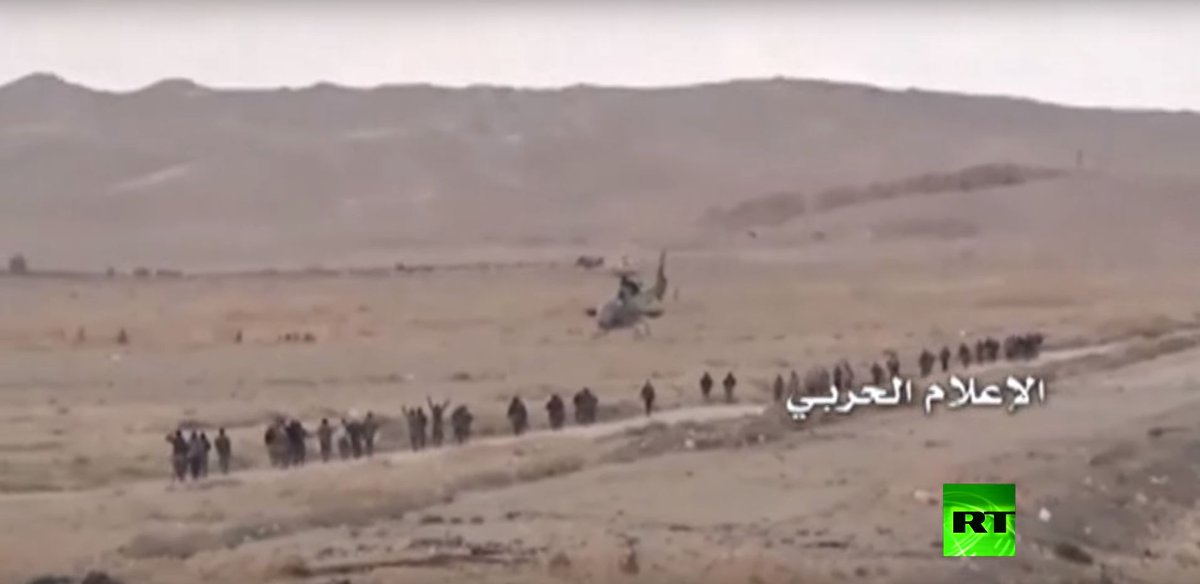





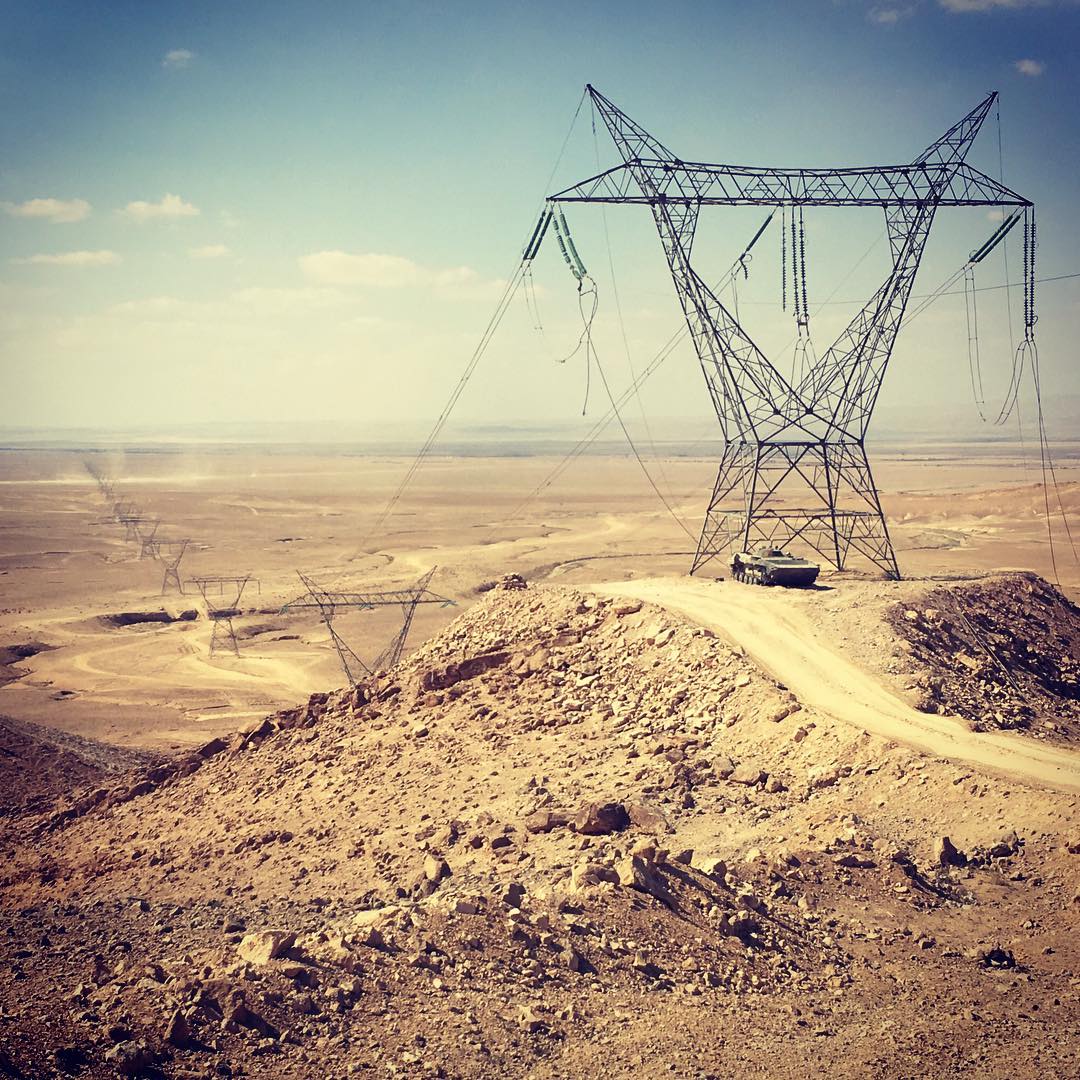
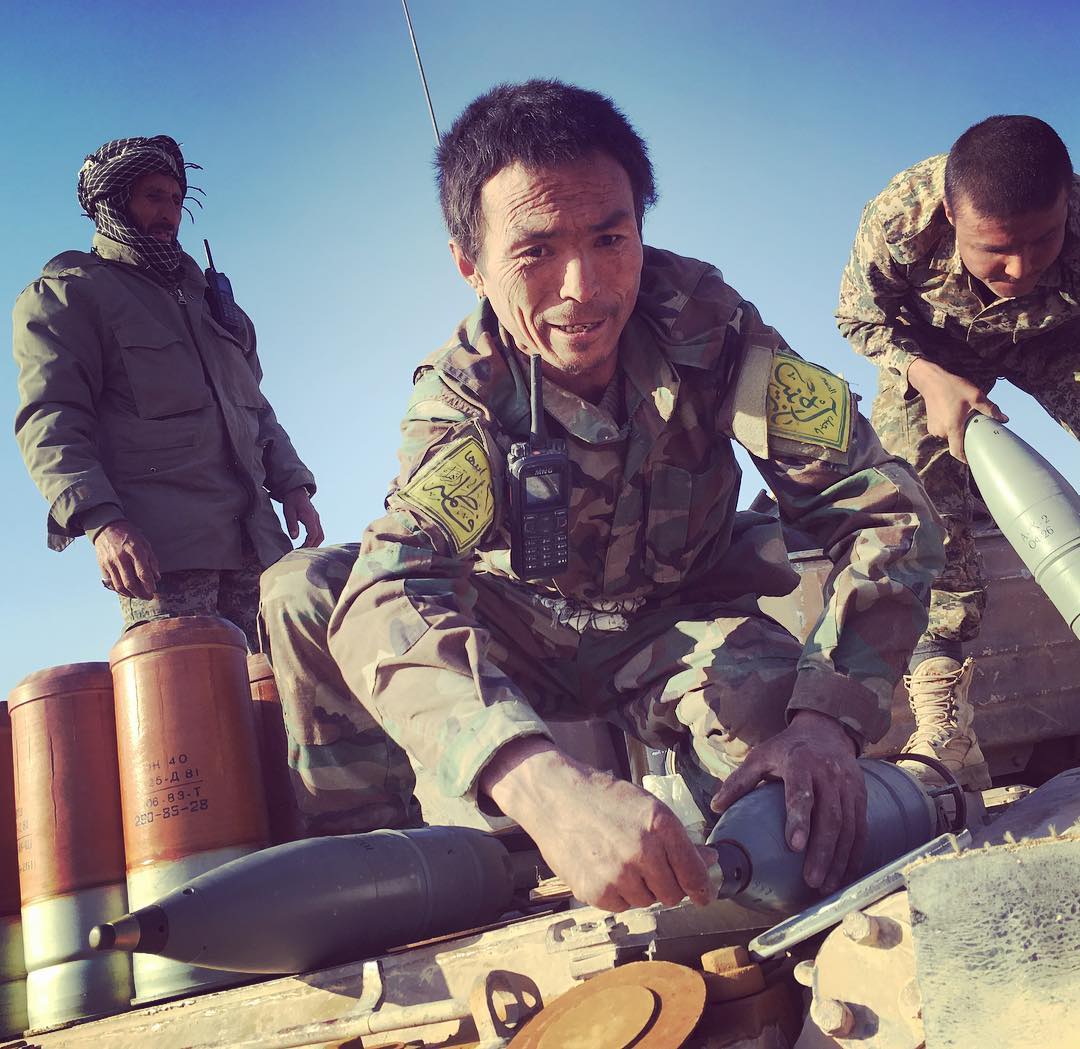

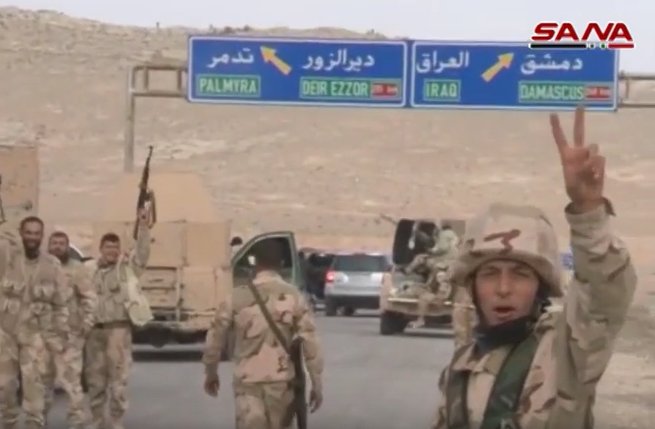














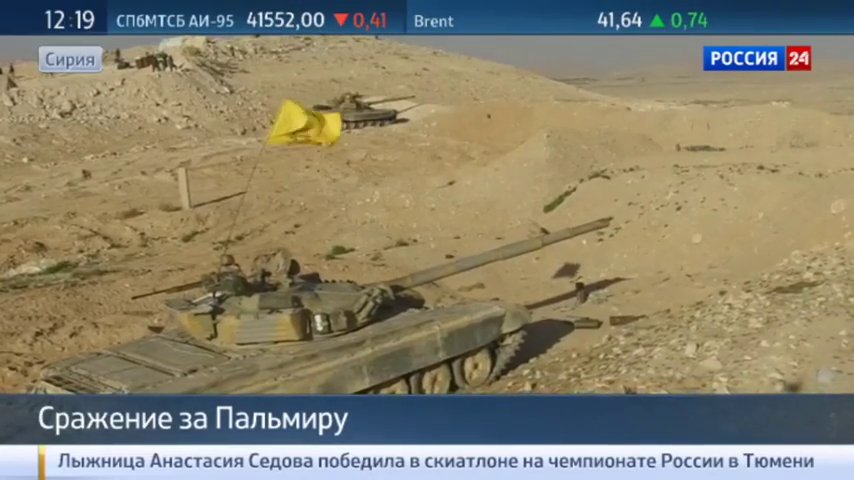

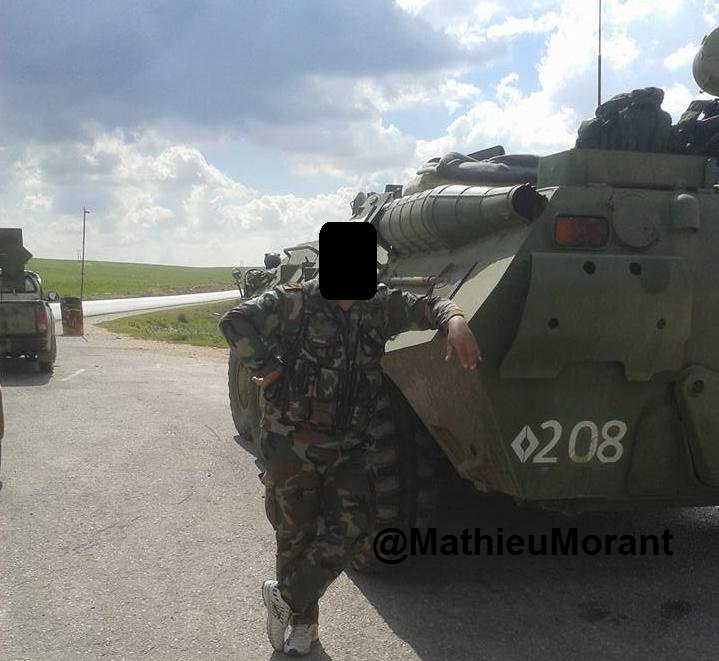
















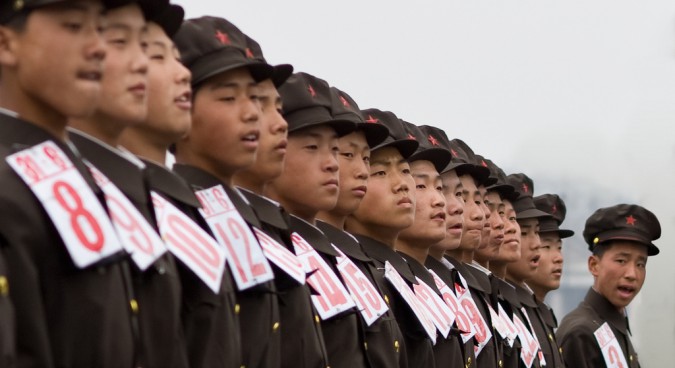

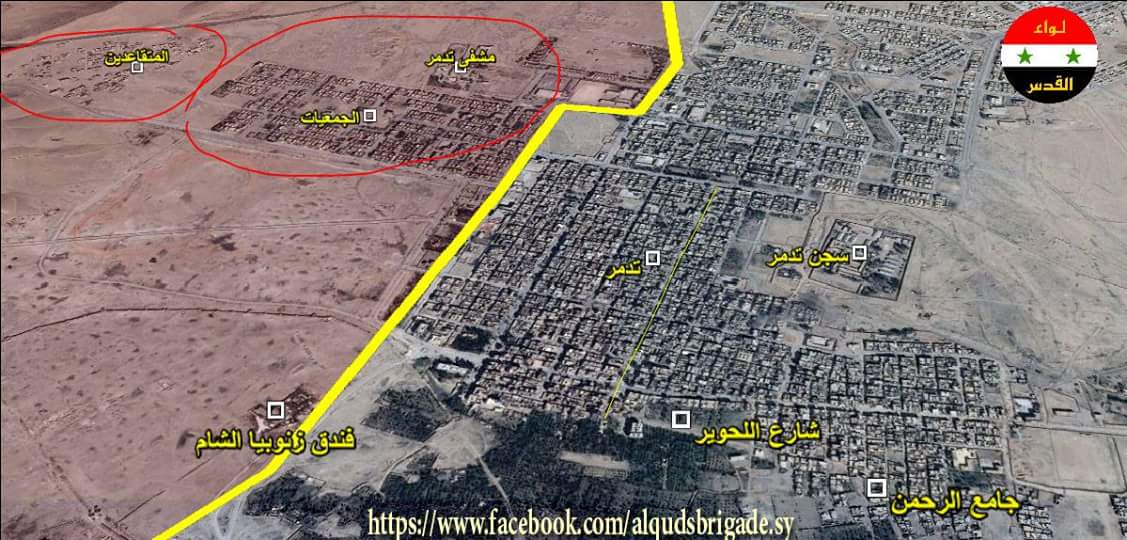

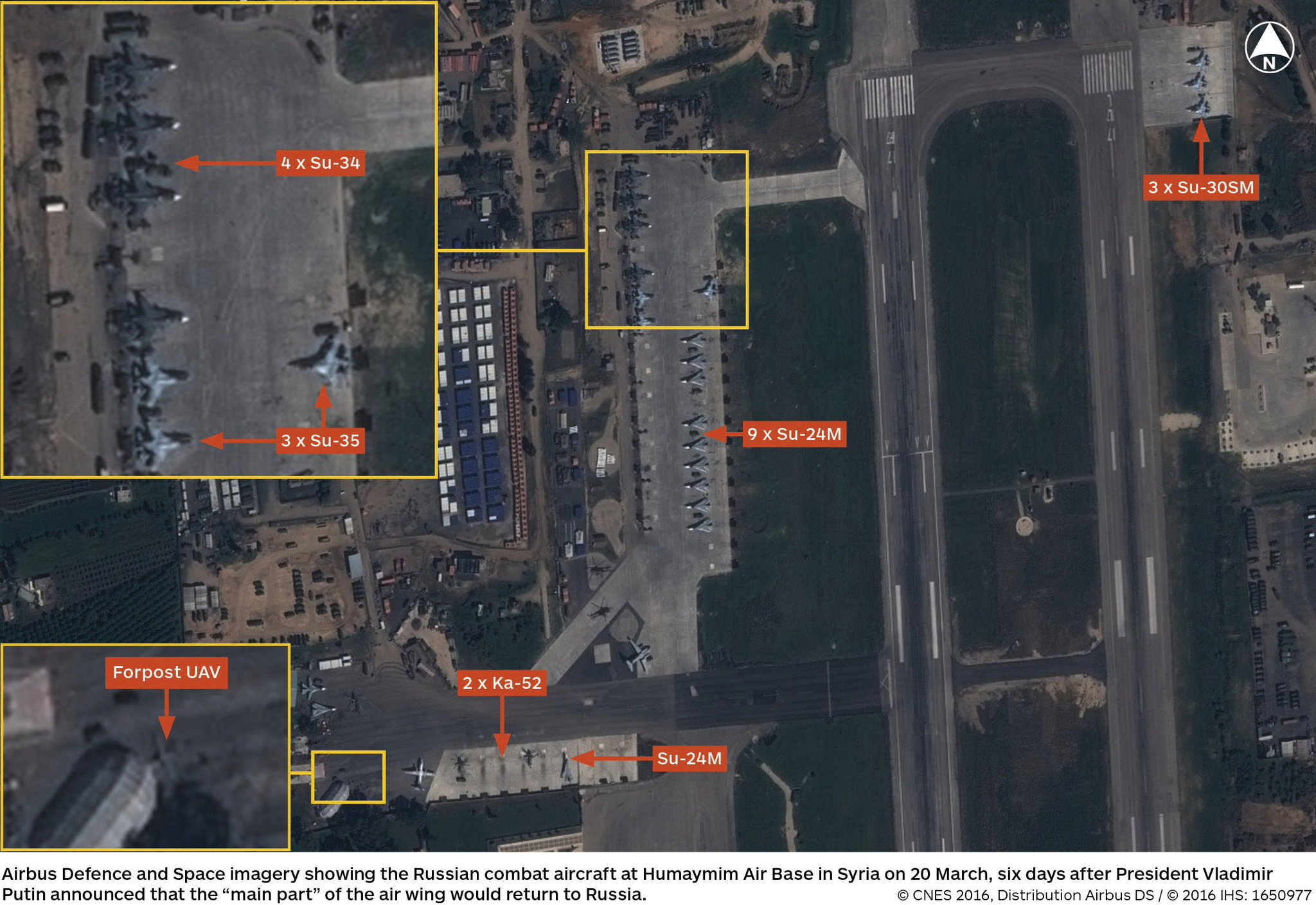
Comment